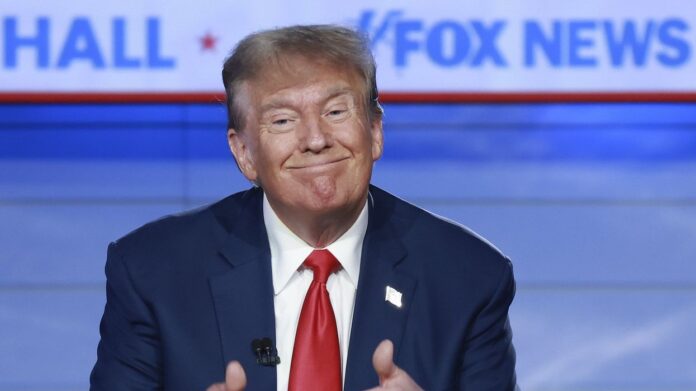Key Falsehoods or Claims: The video shared by Donald Trump on Truth Social claims that he is purposefully crashing the market. This is a baseless and unsubstantiated claim, as there is no evidence to support the notion that Trump is intentionally manipulating the financial markets.
Source Information: The article is from Fortune, a reputable and neutral outlet known for its coverage of business and finance. The outlet is not known for bias in reporting on political matters.
Analysis of Falsehoods: The dissemination of such falsehoods by a former president can have detrimental effects on public opinion and trust in the financial markets. While there may not be direct polling data on this specific claim, the spread of misinformation can erode confidence in the stability of the economy and financial systems, leading to potential panic or irrational decision-making among investors and the general public. This poses a significant threat to our democracy as it undermines the integrity of information and the functioning of open markets.
Hypothetical Public Reactions: If the false claim gains traction, it could sow doubt and uncertainty among investors, potentially leading to market volatility and economic instability. In the realm of politics, the dissemination of such claims could further polarize public opinion and contribute to a climate of distrust and division.
Further Reading: For further reading on the impact of misinformation on public opinion and democracy, reputable sources such as the Pew Research Center, RAND Corporation, and Harvard’s Shorenstein Center on Media, Politics and Public Policy provide comprehensive studies and analyses on media influence and misinformation. These sources offer valuable insights into the ways in which falsehoods and conspiracy theories can shape public opinion and pose a threat to democratic processes.
Source link
Redirect URL
